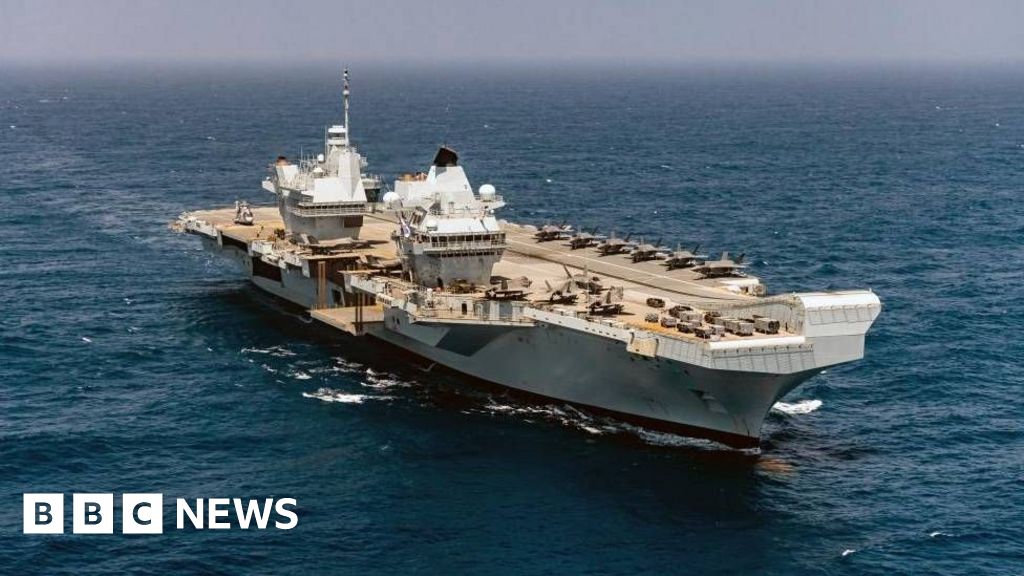- Get link
- X
- Other Apps
- Get link
- X
- Other Apps

John Healey Confident UK Defence Spending Will Reach 3% of GDP by 2034
In a move signalling a significant commitment to national security, Defence Secretary John Healey has expressed unwavering confidence that the UK will meet its target of spending 3% of its Gross Domestic Product (GDP) on defence by 2034. This announcement comes ahead of the government's highly anticipated strategic defence review, slated for release on Monday. The review will outline the nation's priorities for military and security spending in the coming years.
A government source confirmed to BBC News that the Defence Secretary is "fully confident" this ambitious goal will be achieved within the next parliament.
Key Highlights:
- Target Year: 2034
- Spending Goal: 3% of GDP
- Prime Minister's Commitment: Keir Starmer previously set a plan to reach 2.5% by April 2027.
Strategic Review Anchored on 3% Target
The forthcoming defence review is reportedly based on the firm assumption that the 3% of GDP target will be met. This suggests that some of the planned measures outlined in the review may become financially unsustainable if the spending target is not realized. The review also makes provisions for the potential acceleration of projects should the 3% target be achieved sooner than anticipated.
Facing a New Era of Threats
The review is expected to highlight the evolving nature of threats facing the UK, emphasizing the growing importance of drones and artificial intelligence in modern warfare. Recommendations will likely include the deployment of specialized "digital" experts alongside troops to provide enhanced protection against enemy drones and manage the army's own future unmanned weapon systems.
Geopolitical Landscape
The extensive 130-page document will reportedly address key geopolitical challenges:
- Russia: Identified as an "immediate and pressing" danger.
- China: Described as a "sophisticated and persistent challenge."
- Iran & North Korea: Labeled as "regional disruptors."
Financial Implications
The Office for Budget Responsibility (OBR), the government's independent budget watchdog, estimates that achieving the 3% of GDP defence spending target "would cost an additional £17.3 billion in 2029-30."
Investing in Military Housing
In related news, the Defence Ministry announced that over £1.5 billion in additional funding will be allocated to improving military homes as part of the government's review. This investment will address urgent repairs, such as fixing faulty boilers and tackling mould, and will also support the development of new housing. The announcement follows a report by the Commons Defence Committee last year, which revealed that two-thirds of homes for service families required "extensive refurbishment or rebuilding" to meet modern standards.
Opposition Response
The Liberal Democrats have welcomed the government's increased focus on defence spending but have urged ministers to go further by bringing military accommodation up to the decent homes' standard, which sets minimum standards for social housing conditions.
John Healey's firm stance underscores the government's commitment to bolstering the UK's defence capabilities in an increasingly complex and challenging global environment. The strategic defence review promises to provide a comprehensive roadmap for navigating these challenges and ensuring the nation's security for years to come.
Tags: UK defense spending, GDP, John Healey, defence review, 3% target, 2034, military spending, strategic review, security spending, Keir Starmer
Source: https://www.bbc.com/news/articles/c2kq9qxde3go
2034
3% target
defence review
GDP
John Healey
Keir Starmer
military spending
security spending
strategic review
UK defense spending
- Get link
- X
- Other Apps
Comments
Post a Comment